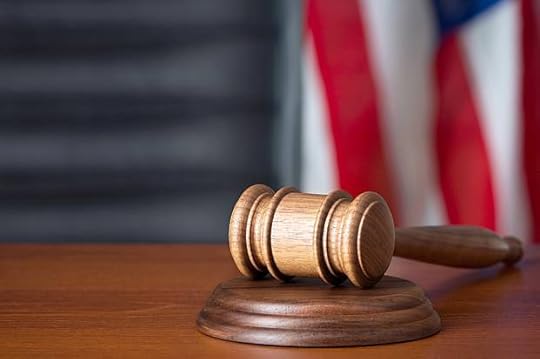Pennsylvania is about to enter a constitutional crisis over its redistricting law

(Credit: Getty/AlexStar)
Pennsylvania Senate President Pro Tempore Joseph Scarnati is��signaling that he plans to ignore��a court order from the state’s Supreme Court to turn over data and redraw congressional district lines after a court found them to be gerrymandered.
On Wednesday, Scarnati’s lawyer said that the court gave the State Assembly no guidance in how to redraw the maps constitutionally. He also noted that Scarnati wouldn’t turn over data to the Supreme Court, saying that the courts��was overstepping��its jurisdiction.
Lawyer Brian Paszamant said the court’s plan was to “usurp the General Assembly���s constitutionally delegated role of drafting Pennsylvania���s congressional districting plan,” according to the Morning Call.
A��Jan. 22 Supreme Court ruling,��found that state Republicans “clearly, plainly and palpably violate[d] the Constitution of the Commonwealth of Pennsylvania, and, on that sole basis,” in striking down the state’s gerrymandered districts.��Under that��ruling, Scarnati had until Feb. 9 to redraw district boundaries; and if he didn’t, it would be up to the state’s governor, Tom Wolf ��� a Democrat ��� to do it.
But there’s a bigger problem lurking in the distance. In Washington,��Republicans are asking the U.S. Supreme Court to get involved. Last month, it was certain that the Court wouldn’t,��because the state court cited the state’s Constitution. Were Washington to take interest, it could be seen as federal overreach.
The GOP has long��benefitted��from gerrymandering, specifically since its redrawing of district lines after the 2010 U.S. Census, as an effort to tilt elections in their favor. Most recently, federal judges declared gerrymandering in North Carolina to be unconstitutional and in favor of the GOP, as Salon has previously reported. The ruling was later blocked by the U.S. Supreme Court, and will likely remain in effect for the GOP in the 2018 midterm election.



